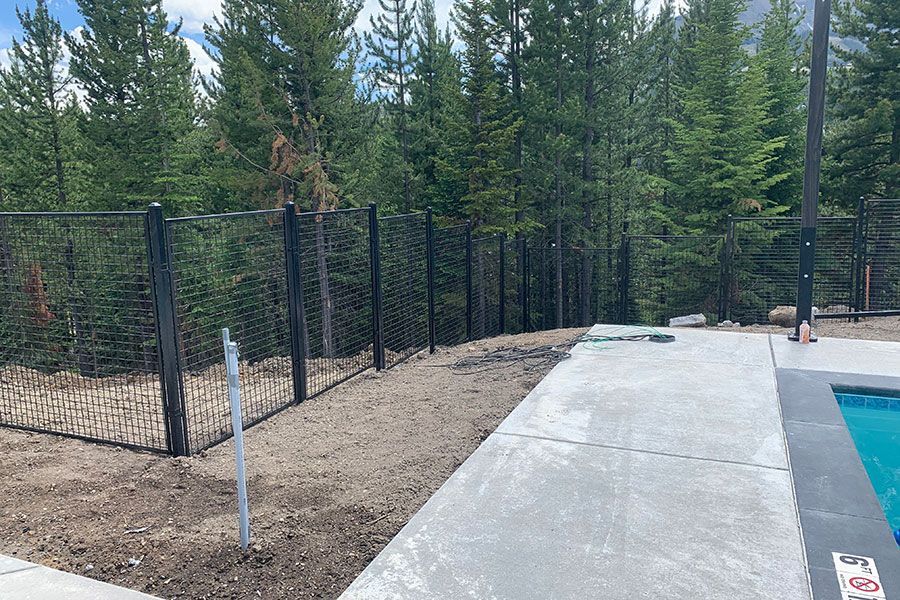Comparing Vinyl and Wood Fencing Materials
When choosing a fence for your property, vinyl and wood are the two most popular options. Each comes with distinct benefits and limitations, making it important to weigh your priorities, aesthetic desires, and budget.
We’ll guide you through the essential aspects of vinyl and wood fences to help you choose the material that best suits your home.

The Advantages and Disadvantages of Vinyl Fencing
- Durability: Vinyl fences are known for their durability, resisting weather damage, pests, and rot for many years.
- Low Maintenance: Vinyl fences are easy to maintain, requiring minimal effort—just a simple wash from time to time.
- Cost: Although vinyl fences can be more expensive to install initially, they offer long-term savings due to their low maintenance needs.
- Drawback: One downside of vinyl fences is the limited range of colors and styles, which might not suit every design preference.
Benefits and Drawbacks of Wood Fences
- Aesthetic Appeal: Wood fences offer a classic, natural look that can be customized with different stains, paints, or finishes.
- Cost: Typically, wood fences are less expensive upfront compared to vinyl.
- Maintenance: Wood fences need consistent care, including painting, staining, and repairs, to maintain their appearance and prevent rot.
- Lifespan: Wooden fences may not last as long as vinyl, particularly in regions with extreme weather conditions.
Which Fence Offers Better Value: Vinyl or Wood?
The initial cost of a vinyl fence is often higher than that of a wood fence. However, vinyl’s low maintenance requirements can save you money in the long run. Wood fences, while cheaper to install, may require frequent upkeep, which can add up over time.
If you’re planning for a long-term investment, vinyl may be the better value. For short-term needs or projects with a tight budget, wood can be a more economical choice.
Which Fencing Material is More Eco-Friendly?
While wood is considered more eco-friendly due to being a renewable resource, treated wood may contain harmful chemicals. Vinyl, though not biodegradable, has a longer lifespan, which can minimize its environmental impact.
Choosing sustainably sourced wood or recycled vinyl can be a greener option for your fence installation.
